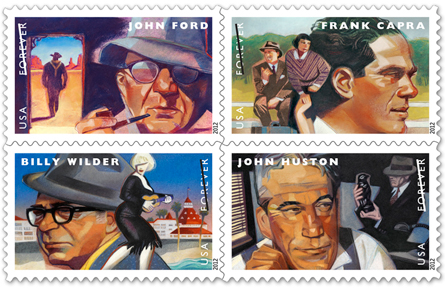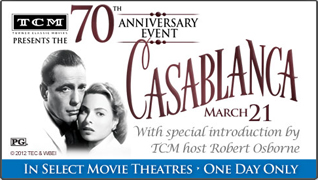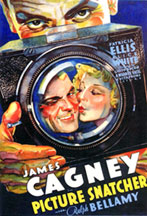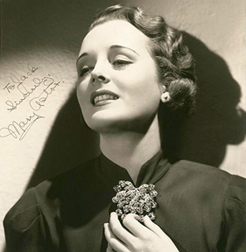 It’s the first day of issue for a set of four postal stamps honoring a quartet of great (native or naturalized) American motion picture directors, and we can’t argue with the selection of a single one of them. Here’s what the USPS has to say about the occasion:
It’s the first day of issue for a set of four postal stamps honoring a quartet of great (native or naturalized) American motion picture directors, and we can’t argue with the selection of a single one of them. Here’s what the USPS has to say about the occasion:
These Great Film Directors (Forever®) stamps honor four great filmmakers who captured the many varieties of the American experience. Frank Capra, John Ford, John Huston, and Billy Wilder created some of the most iconic scenes in American cinema. They gave audiences an unforgettable (and in some cases, deeply personal) vision of life.
These four filmmakers received multiple Academy Award nominations, 15 Oscars, and numerous other honors during their lifetimes. But their greatest accomplishment lies in the vitality and artistry of the stories they told through film. The stamp art combines a portrait of each man with a scene from one of his most iconic works.
The background art for the stamp honoring Frank Capra shows a scene from It Happened One Night, a comedy in which a runaway heiress (played by Claudette Colbert) and a reporter (Clark Gable) compare their hitchhiking skills.
For the John Ford stamp, the background recalls a scene from The Searchers, an influential Western starring John Wayne and making Ford’s characteristic use of the American landscape.
The Maltese Falcon inspired the background art for the John Huston stamp. In this classic mystery, gumshoe Sam Spade (Humphrey Bogart) goes up against various unscrupulous characters (among them Mary Astor, Peter Lorre, and Sydney Greenstreet).
And for Billy Wilder, the background artwork was inspired by Some Like It Hot, a farce about two male musicians (Jack Lemmon and Tony Curtis) who seek refuge from gangsters by posing as members of an all-girl band featuring luscious singer Sugar Kane (Marilyn Monroe).
Art Director Derry Noyes designed these stamps using art by award-winning illustrator Gary Kelley, who created the images using pastels on paper.
You can purchase these stamps, along with First Day of Issue color postmarked envelopes and other related items, here.



